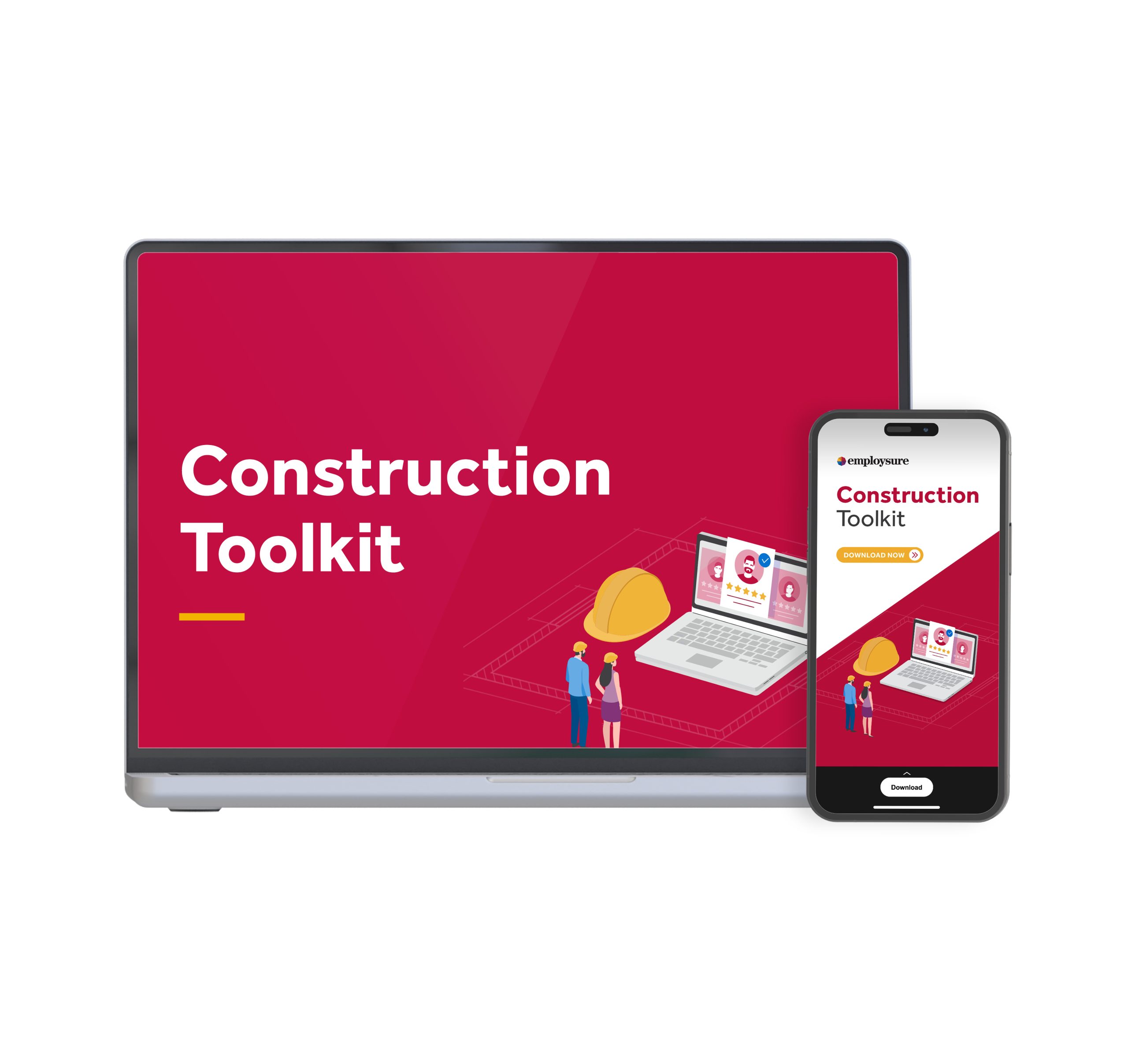
If you run a construction business, creating something as simple as a construction management plan can be the bedrock of your company’s success. Construction management plans are more than a ‘nice to have’. They ensure tasks are synchronised and that projects of all shapes and sizes are delivered safely, efficiently and on time.
What is a construction management plan?
A construction management plan (CMP) is a self-contained document outlining how a construction project will be completed. As well as creating a roadmap for day-to-day activities, the objective is to devise and implement workplace procedures that minimise negative impact on:
The environment
Nearby residents
Local traffic
Construction management plans are often iterative, changing to reflect adjustments in the project scope and timeline. They also provide important technical information for various teams involved, detailing how tools, vehicles, materials, and resources will be allocated and used.
Types of construction management plans
Construction management plans take many forms that may be relevant to your project proposal, including:
Environmental management plan: This defines how a construction project might impact on the natural environment and lays out clear policies and procedures designed to mitigate effects, minimising environmental degradation.
Traffic management plan: Large-scale construction projects are rarely approved without a traffic management plan in place. Creating a traffic management plan for construction sites involves controlling the movement of workers and vehicles within an area, the aim being to move traffic in an orderly and efficient way.
Waste management plan: This outlines strategies to manage waste generated by a proposed construction project. A waste management plan should include achievable waste avoidance and reduction methods, such as diverting from landfill by recycling or reusing as much waste as possilbe.
Demolition management plan: This document describes all the steps that are to be followed by demolition contractors, ensuring that a building or structure is brought down without harming the surrounding environment or any nearby people.
Elements of an effective construction management plan
Though every construction management plan is unique, there are certain elements which are common throughout, including:
Clearly defined project scope: This goes beyond a high-level overview. Normally it will include a detailed breakdown of all the key phases and any specifications the construction teams will work toward.
Project schedule: Offering a comprehensive timeline of when sections of work will be completed, a project schedule will clarify when other elements of a construction management plan will come into effect.
Communication plan: A communication plan will detail which stakeholders will receive any valuable information, how they will receive it, and how often.
Risk management plan: The objective here is to identify a project’s risks and how they might be hazardous to staff or hinder progress. The next step is to identify any measures that can be put in place to effectively reduce risks and improve health and safety.
Quality management plan: This lays out the criteria for effectively managing the quality of a construction project, outlining quality policies, procedures, and areas of application, as well as any roles, responsibilities and authorities related to quality assurance.

Are you a construction business owner? Use our free industry toolkit to safeguard your company.
Our Construction and Building toolkit will help you understand industry best practices and how to implement them on worksites.
The benefits of having a construction management plan
Effective management is crucial when handling construction works, but how exactly do construction management plans benefit construction projects?
✔ Provides a starting point for your project: Helping you determine your budget, timeline and scope of work, a construction management plan can offer a blueprint that guides a project in its earliest phases.
✔ Project is more organised: A construction management plan promotes a systematic approach to completing work, avoiding disjointed processes. According to a McKinsey Global Construction Productivity Survey, disorganised workflows are one of the main drivers of underperformance. In other words, construction management plans boost overall productivity and help manage employee performance.
✔ Makes for more efficient project management: Project Managers naturally rely on having a clearly defined construction management plan. As well as providing ‘one source of truth’ for day-to-day operations, your plan provides a roadmap for clients and stakeholders.
Phases of a construction management plan
When it comes to creating a construction plan, there are four key phases to take into consideration:
Initiation: The first phase consists of project scoping and building the foundations of your plan. This involves identifying variables such objectives, deliverables, features, budgets, and deadlines.
Planning: The planning phase includes breaking a project down into milestones, detailing how important tasks will be completed. This is also the appropriate time to create any relevant environmental, waste, traffic, and risk management plans.
Execution: Once a construction project gets underway, the next phase involves executing the plan. Upload the plan and any supporting documents to your company’s drive and ensure employees can easily refer to it for guidance.
Monitor: Construction projects are rarely executed exactly as planned. As your project evolves over time, be sure to make adjustments to your plan to reflect any changes.
Frequently Asked Questions
What is the difference between a construction management plan and a project management plan?
A project management plan focuses on meeting the client’s needs within a schedule and budget. However, it does not address any demands specific to construction. A construction management plan coordinates a building project from start to finish. As well as budgets, schedules and workflows, it outlines the most effective ways to control environmental impact, risks, safety, and quality.
